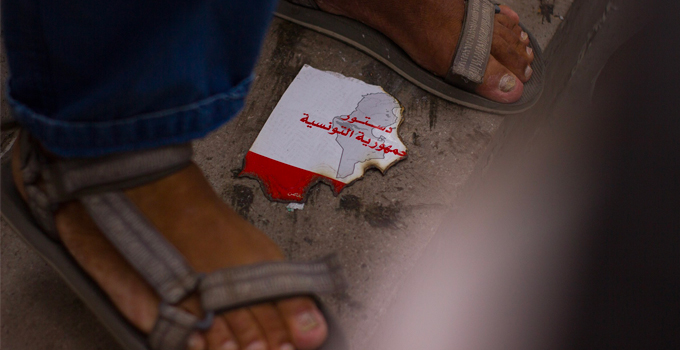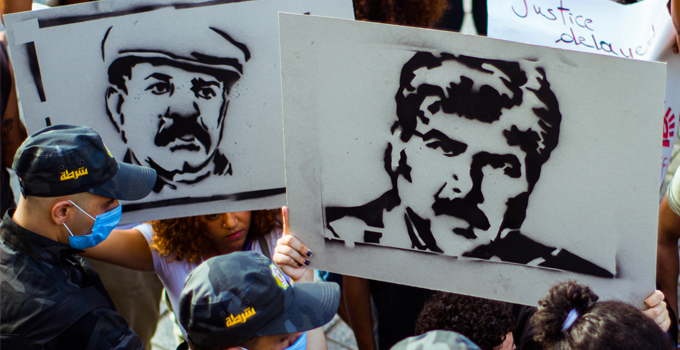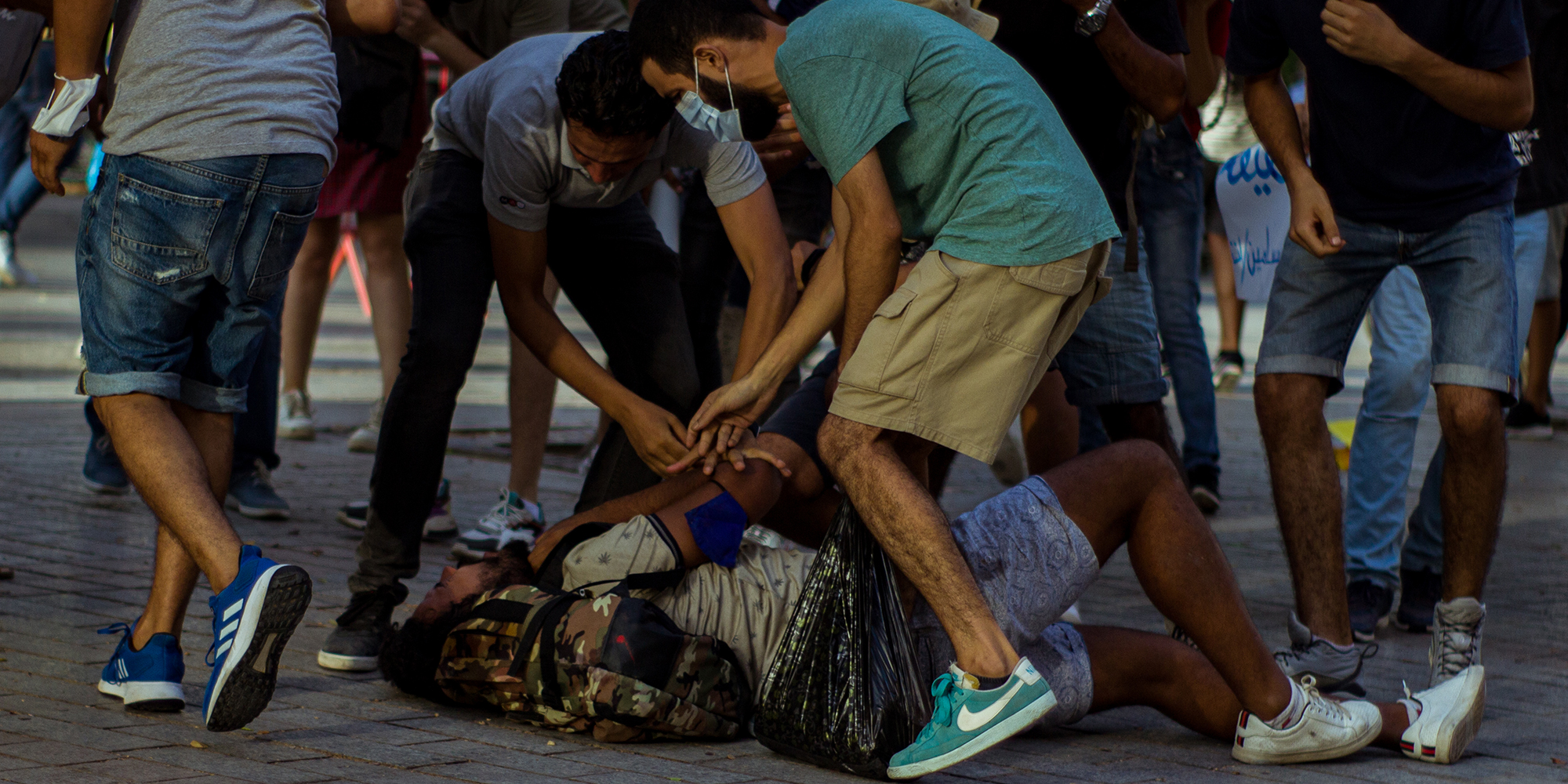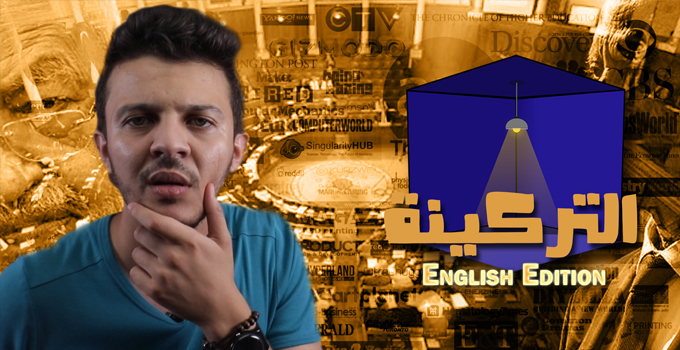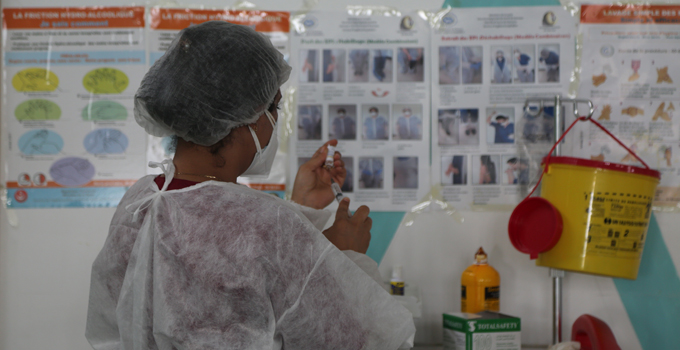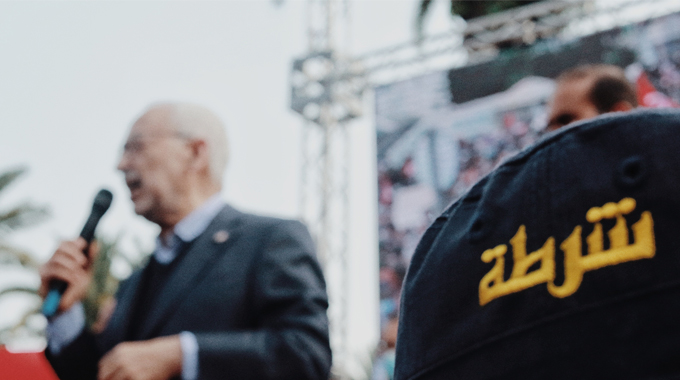New political groupings, parties, and movements have launched or gained prominence in the wake of President Kais Saied’s decision on July 25 to suspend Parliament, dismiss the previous government, and concentrate powers under the presidency. Meshkal/Nawaat spoke with members or representatives of several of these groups shortly after July 25; they said that the president’s decisions created a new political environment with new conditions ripe for making the changes they want to see. All of them strongly criticized or denounced the political system ante July 25 as undemocratic.
